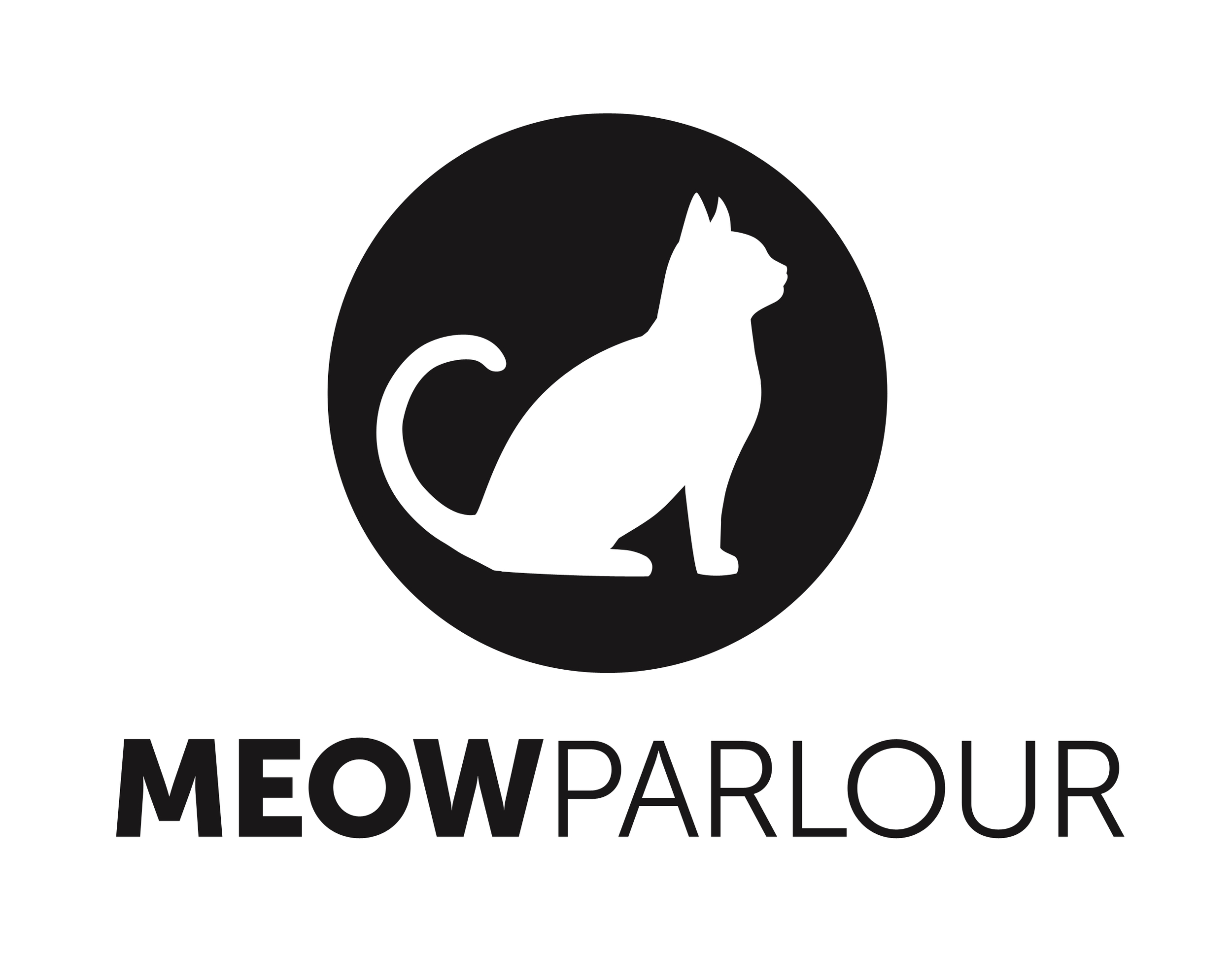Why not the "gold standard"?
As a non-profit organization with limited resources, the veterinary team at Meow Parlour Cats must make medical decisions differently than a veterinarian working on client-owned animals. Our priority is to save the lives of as many treatable, homeless cats as possible using the resources available to us. This differs from the "gold standard" offered by regular veterinary clinics, but the compromise is necessary to reduce the number of cats we have to leave behind in shelter environments.
If we want to achieve our mission of ending unnecessary euthanasia of companion cats in this country, we must steward our resources carefully.
In keeping with the way shelter veterinarians have been practicing for decades, our veterinary team uses their knowledge, experience and their hands (physical exam and history) to determine the most likely cause of an animal's symptoms. If our treatments are not effective, we then consider testing or other treatment modalities. Non-life-threatening conditions therefore may take longer to treat than if extensive testing were done up front, but the vast majority of animals will improve without testing, and over time we save a significant amount of time and resources, which can be used to save more lives.
What conditions must we prioritize?
We immediately treat conditions that will get worse if we don’t act quickly
We treat conditions that will likely prevent an animal from being adopted
We use affordable medications, avoiding expensive first-line medications
We treat certain zoonotic diseases (diseases that can be spread between cats and humans) such as ringworm
We test for parasites and treat coccidia, giardia, hookworm, roundworm, and tapeworm.
What types of procedures/diagnostics must we go without?
Pre-anesthetic bloodwork for spay/neuter surgeries (except in rare cases)
Echocardiograms for young cats with heart murmurs
Infectious disease testing (e.g., respiratory PCRs or urine cultures) unless initial attempts at treatment have failed
Repeat testing, including fecals, after a cat has been treated for a condition and no longer shows signs of illness
Wellness bloodwork in animals with no evidence of systemic disease
Any diagnostic where results are unlikely to change the treatment plan
Chemotherapy
Advanced imaging like MRIs and CT scans
Cosmetic surgery (benign mass removals)
Dentals if not painful
Is there any in-between?
If an animal has a condition that is not immediately life-threatening but could be cured by an intervention that requires more resources than our medical budget can cover, Meow Parlour Cats may:
Launch a special fundraising effort or seek grant funding on a case-by-case basis
As a general rule, we aim to provide what an animal lover of average means could reasonably provide. Until every companion animal is no longer in danger of euthanasia due to the pet population crisis, Meow Parlour cannot and will not provide gold standard veterinary care to every animal in our care. Rather, we will use our skills and limited resources to provide good outcomes to as many animals as possible while minimizing any pain or anxiety along the way.
Shelter medicine requires a different approach to veterinary care compared to the recommendations given to owned pets. Shelter medicine prioritizes preventative care to reduce the spread of infectious disease in shelter populations and is often reactive, as many animals enter shelters with unknown medical histories and treatment is based on what is observed after they arrive. The focus is on getting animals healthy enough for adoption. With larger populations and limited resources, shelter veterinarians must prioritize urgent cases while also considering the health of the other animals in our care.
The complexities and balance of this work means that the care we provide while managing 80 cats at a time may differ from your vet’s recommendations for a two-cat household. Neither approach to veterinary care is incorrect.
We will always disclose everything we know about the cat at the time of the adoption, but our knowledge is limited to what we observe. It is important to establish a trusted relationship with your own veterinarian after adoption so that you can build upon the medical history we provide and develop a long-term plan for your pet’s well-being and health.
Your veterinarian may advise a more elaborate testing or treatment plan than we were able to pursue in the shelter setting. Please discuss all available options with your veterinarian, keeping your own budget in mind. Meow Parlour is not able to contribute to the cost of procedures recommended post-adoption.

